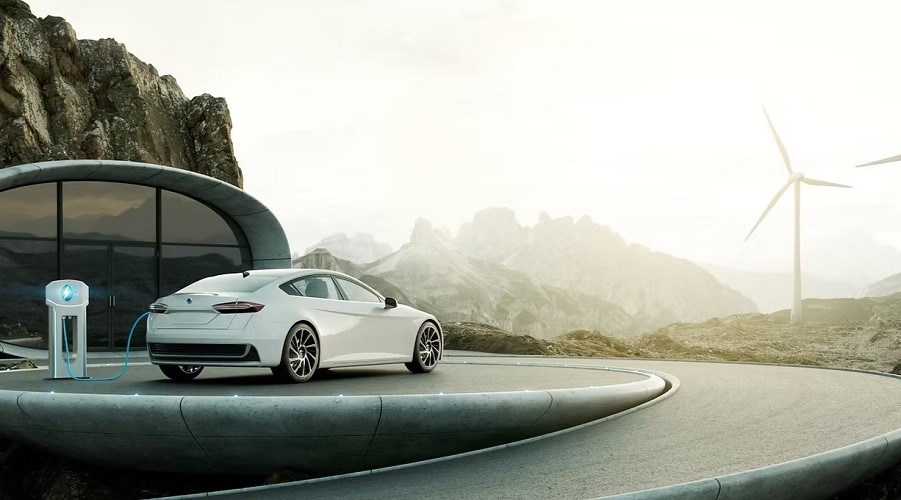Despite the uncertainty caused by Donald Trump’s trade tariffs on Mexico—currently “suspended” for a month following discussions between the US president and his Mexican counterpart, Claudia Sheinbaum—the country remains committed to decarbonisation policies.
As electric vehicle (EV) adoption accelerates, charging infrastructure is expanding at a steady pace.
According to the Q4 2024 Barometer by EMA (Electro Movilidad Asociación), the number of charging points continues to grow.
Mexico now has 599 direct current (DC) fast chargers and 2,722 alternating current (AC) chargers in public stations.
However, most EV and plug-in hybrid (PHEV) charging takes place at home, making it harder to track exact figures.
Nonetheless, EMA provides estimates, reporting that private charging accounts for 34,694 residential connections.
More users are integrating EV charging into their daily routine, a trend confirmed by Arturo Cravioto, CEO of Charging Depot, in an interview with Mobility Portal Latinoamérica.
“In our sector, the biggest growth in 2024 was in charging installations within buildings and vertical developments. Specifically, at Charging Depot, we saw an impressive number of residential towers reaching out to create dedicated charging areas,” says Cravioto.
One of the key trends in charging infrastructure is that both new and existing real estate developments are now offering EV charging as a premium amenity.
“This was the fastest-growing business segment for us in recent months, second only to energy storage solutions,” he adds.
Operating in Nuevo León, Jalisco, Mexico City, and Mérida, Charging Depot has been working intensively with residential buildings that were not initially designed for EV charging.
As Cravioto explains, “Developers want to provide a high-quality solution, ensuring 24/7 charging availability for residents.”
Highway Charging Infrastructure: The Missing Piece
According to Cravioto, urban public charging stations are becoming redundant.
“The real problem to solve is highway charging, which is why we are focusing on our partnership with Carga Fácil (an EV charging app) to optimise this data.”
“In Mexico, highway charging infrastructure is a major challenge due to the significant investment required. Deploying a 150-kilowatt charging station on a motorway requires a completely different budget, and the return on investment is uncertain. Additionally, Mexican legislation still has many grey areas around this sector,” he points out.
“These regulatory gaps have prevented full-scale expansion of highway charging. Personally, I’m not interested in flooding cities with more charging stations, as we already have enough. The real niche to develop is in suburban and intercity routes,” Cravioto stresses.
Trump’s Tariffs and Their Potential Impact on Mexico
The ongoing trade dispute between Mexico and the US could negatively affect charging infrastructure development.
Commenting on the broader economic landscape, Cravioto acknowledges the uncertainty caused by Trump’s proposed 25% tariffs on Mexican imports, which have been temporarily suspended.
“Right now, the situation is unclear, and we don’t know who to turn to when developing charging infrastructure at a national level,” he explains.
“President Claudia Sheinbaum has strong intentions to promote electromobility and green energy, but her government has not yet structured a clear strategy to implement these ideas. Meanwhile, Trump’s tariff hikes add another layer of complexity,” he states.
According to Cravioto, the tariffs will have a strong impact, particularly on residential EV charging.
“We are certified installers for several premium EV brands, and most of their vehicles are manufactured in Mexico for export. Any disruptions to this supply chain will slow down the expansion of home charging infrastructure,” he warns.
“Mexico’s automotive industry has always been a key economic driver. If a trade agreement isn’t reached, the entire sector—especially EV infrastructure—will suffer,” he concludes.






